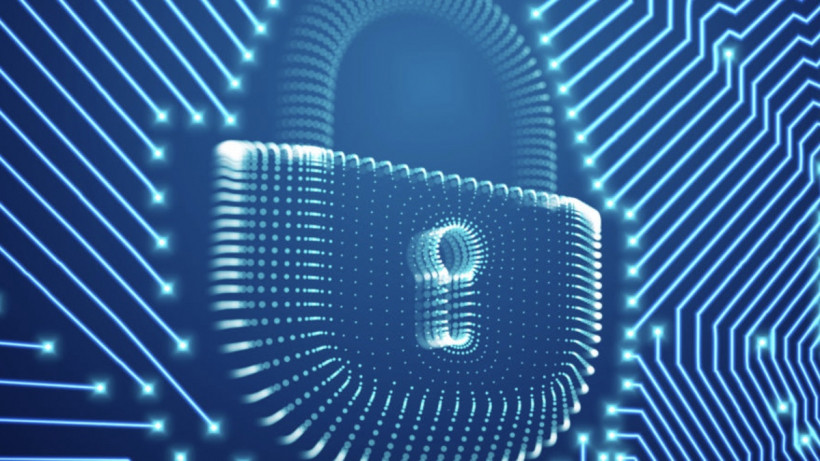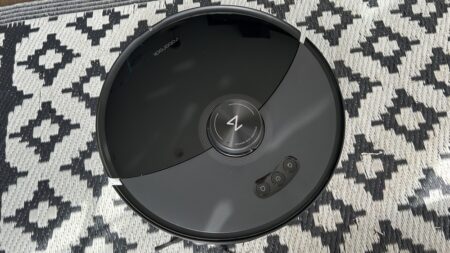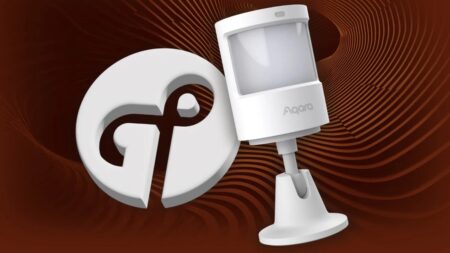New protocol will create possibilities we haven’t dreamed of yet
Matter will play a greater role in smart home security; that’s according to one the new ecosystem’s security guru Steve Hanna.
Hanna is Senior Principle at Infineon, and part of the Product Security Working Group at Matter. He was part of the team that built Matter’s security layer – and now heads the Group.
Hanna says that while Matter 1.0 improves smart home security, it needs to do more.
“When we think about security, there are two kinds of security,” he explained. “There are communication and security protocols for protecting things as they’re sent between devices. That’s what Matter’s about.
“But then there’s also product security, how inherently secure is the product.”
Hanna used an analogy to talk about smart home security:
“If we’re thinking about a banking system, you need to have armored trucks taking the cash. But that’s not enough. You also need a vault. Matter has armored trucks, but some of the devices which might be connected with Matter might be as insecure as a camping tent. And that’s not good enough,” he said.
Becoming the IoT police
We asked Steve whether a product that perfectly conformed to Matter standards, but had huge security problems, would be certified.
“Today? Yes,” he said. “But I hope in the future, no. I think that’s where we will end up in the end,” he explained.
“That’s a personal opinion. Not an official promise. But I think once we develop this vault requirement, this product security requirement, it’s going to be irresistible, for the matter team, they’re going to say, well, we’ve got to have that. Why wouldn’t we?”
Smart home security is set to be boosted by new legislation. The EU has its Cyber Resilience Act incoming, and the US also is set to introduce its own new laws. So it’s not on Matter to become the IoT police.
The issue is that in 2023, Matter will start connecting more devices into the home – including things like home security cameras. And that’s where Hanna believes Matter needs to take a bolder approach to security.
“We’re having discussions within Matter right now about whether there should be a higher level of security required for those very sensitive data streams and devices?
“We have to solve that problem. We have to solve them yet, at least from a security perspective, but also from a privacy perspective. We can’t keep kicking the can down the street. We have to take the bull by the horns,” he said.
New possibilities
But away from security, Hanna also believes that the launch of Matter devices will herald features and ideas we haven’t conceived yet.
“I used to work in the Internet Engineering Task Force, so on the Internet standards, when IP came out 1982. We didn’t realize at the time that people were going to invent millions of different things on top of it, like streaming video, streaming audio, Skype, Zoom and Uber. I mean, that just wasn’t a possibility,” he said.
“So I think the same thing is going to be true here. Matter. 1.0 is like the first version of Internet protocol. So much will be built on it that we don’t even envision today.”
There’s no doubt that Matter has a long way to go. At the launch in Amsterdam, it was clear that despite the huge strides being made to get the world’s biggest tech giants to agree on a standard, it will take time to get all the elements needed on-stream.
But the role of Matter could grow – and it raises interesting questions about the ethics of smart home privacy and security – and the role the standard could play in the future.





